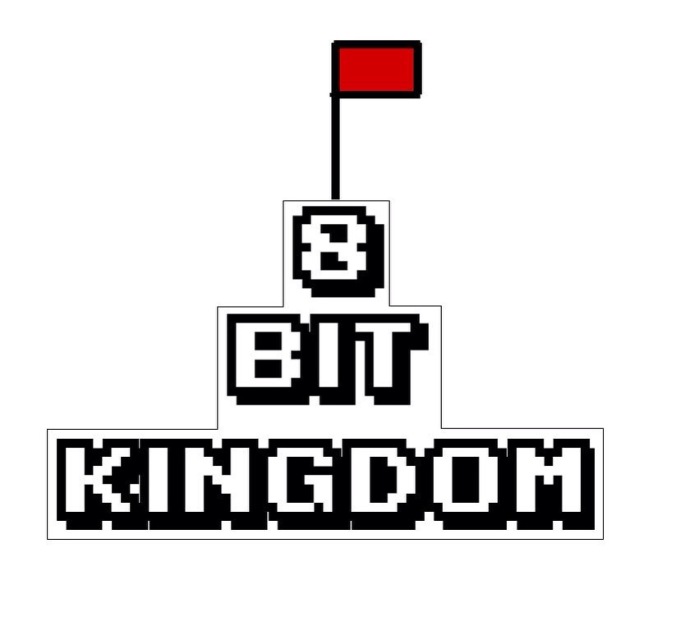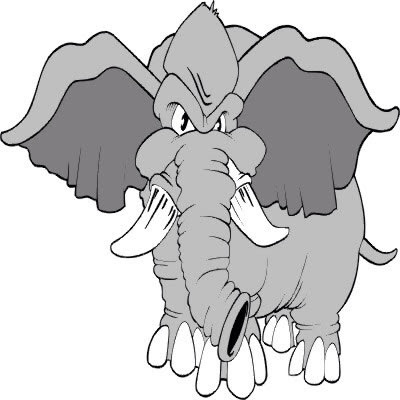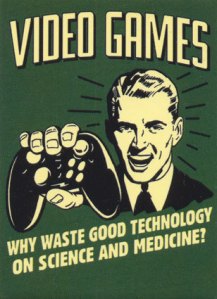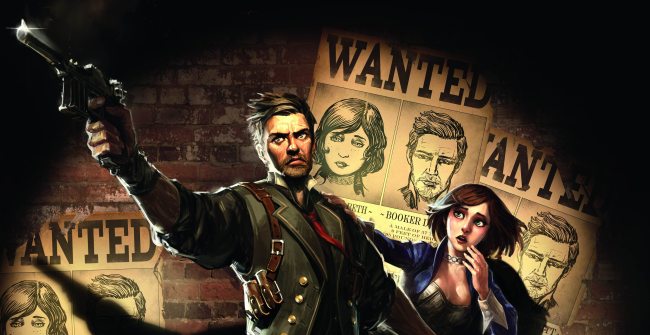
Check out the entire introduction to, 8-Bit Kingdom: Changing the World though the Beatitudes of Christ, below!
Pilgrims are curious things. On the one hand, they seem to be constantly gravitating toward the locus of their power, fixed on returning to the place that they call home; to the tribe of which they belong. Yet on the other hand, they often like to stray, to venture out into the wild so as to uncover some artifact or way of life which may be a useful addition to their origin culture. This to and fro ends up developing quite the sense of drama, which one may expect, but the journey is necessary in order to both grow the pilgrim and remind them of who they are.
In many ways, video games make pilgrims of us all. On the surface, many games carry the player through the life of a protagonist who is on a journey to discover who they really are. But below that surface, the very act of playing a game causes us to regularly venture out into the joys and plights of others, only to return again to our own lives once the games story has ended. And yet, this is only the first step in the journey.
Beyond the games themselves lies a vast kingdom of gamers who identify with video games and each other in a way that few outside of this realm may understand. For gamers, the stories of characters in games are not merely well crafted pieces of digital literature, but they are beacons which help to bring together and define the identity of real life individuals and their community. In this regard, video games allow an individual both a fictional and physical framework to explore who they really are.
Sometimes this discovery is made during a late night raid or co-op campaign with friends as we discover how our peers respond to the constantly changing dynamics and ethical quandaries presented to them in video games. And still other times, self-discovery is made through comparing our perceptions of a games’ narrative with the impression it left on a fellow gamer. Sometimes this journey manifests itself in a simple play through a game, while at other times, the pilgrimage that video games carry us through take the form of debates in game shops, massive marketing fueled conventions, or internationally broadcasted tournaments. But regardless of the form one thing is for certain, video games provide a cultural paradigm to help us better understand who we and others truly are.
In many ways, the pilgrimage that video games provide is not unlike the Church. Both seek to enhance our lives by developing community and encouraging us to interact with the world around us. Both seek to challenge us so that we may grow and foster a sense of exploration. And most importantly, both seek to aid us in our understanding of ourselves. Yet, with all of these similarities, video games are still a kingdom unto itself and herein lies the problem.
Having begun as a consumable product, video games were originally meant for little more than a temporary fun distraction. Yet as this product grew and evolved it took on stories, intangible impressions of humanity which far outlast the momentary glee of a simple game. The result is that video games are no longer a means to an end, an item crafted simply for profit, but now they are cultural artifacts which reflect the world around them. While it’s fine to still have industry built around such artifacts, video games’ adoption of human stories requires them to symbiotically feed back into society as a whole. In short, when games were bonded with real peoples’ stories it required them to contribute to how those stories would unfold. Or in other words, the more real to life video games get, the more they must carry with them a social ethic. In this vain, there is no better guide than the Church to help video games speak not only into the joys and pains of an individual or subculture, but into the joys and pains of all of humanity.
Over the last several millennia, there has not been a greater force for positive change in the world than the one holy apostolic Church. Granted no institution is without blemish, but there has not been a single organization throughout the history of humanity which has labored as tirelessly as the Church has for the betterment of the world. For 2,000 years the Church has put more money, energy, and time into helping the entire world than any other institute and for that, it has at minimum earned the right to provide council on the best approach to serving humanity.
With this in mind, if video games are to serve humanity on a broad scale then they would do well to look to the Church for guidance. While at first this may, at minimum, seem like a daunting approach, the focus of video games’ service may be quickly narrowed. While the opinions of the Church may be broad, the origin of its morality is not. Jesus Christ lies at the center of who the Church is and as such he provides the perfect starting point for video games to develop a social ethic. But even within the teachings of Christ there are near limitless ethical paradigms that could be formed with an equally innumerable focus. Yet, fortunately Christ himself gives us a compass to cast our trajectory.
The first four books of the New Testament serve as a sort of biography of Jesus’ life. Of these, the second book, The Gospel of Mark, is widely considered to be the oldest. Here within Mark’s writings, Jesus is at one point asked, “What is the most important commandment?” Though seemingly simple, Jesus’ answer would obviously be viewed as not only the very bedrock of his teaching, but of the very Kingdom of God to which he constantly testified. Without missing a beat Jesus responds, “The most important one is this: ‘Hear, O Israel: The Lord our God, the Lord is one. Love the Lord your God with all your heart and with all your soul and with all your mind and with all your strength.’ The second is this: ‘Love your neighbor as yourself.’ There is no commandment greater than these.” Here Jesus provides us with a pretty simple and straightforward ethic: love the one, true God and love people. Additionally, within this ethic Jesus is careful to point out that the love we have must be fully pervasive of ourselves; it cannot merely be a love we only think or feel, but it must be a love that consumes our heart, soul, and mind and then moves us to action. Fairly enough, one may then ask what that action looks like and that is where the beatitudes come in.
Of all of Jesus’ opportunities to teach which are recorded in his biographies, one particular sermon stands out amongst the rest, and it is known as the Sermon on the Mount. This is not because its subject matter was more important than other things that Jesus taught, but rather because it is the longest, most specific summary of God’s Kingdom’s ethics that we receive from Jesus. Given this, it’s fairly reasonable to conclude that its subject matter is a sincere explanation of how we should live by the commandment of loving God and loving people. Seated at the very beginning of the sermon are eight statements about blessings in relation to action. These eight statements are known as the beatitudes. Though not necessarily an all-encompassing ethic on their own, it is fair to say that Jesus placed the beatitudes at the beginning of his sermon because they relate into and help to form a larger social ethic of loving God and loving people. In that regard, the beatitudes provide a clear, succinct starting point for video games to develop a similar social ethic.









